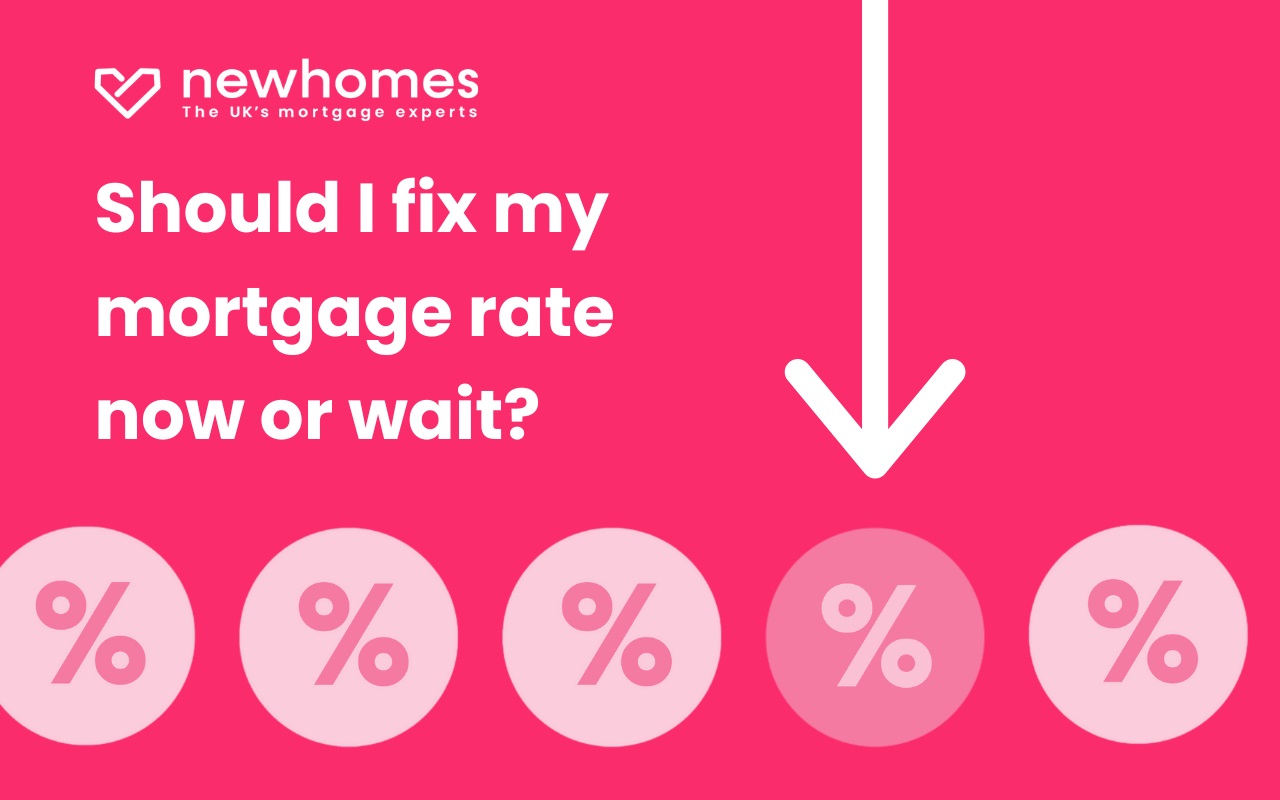Many buy-to-let mortgages are due to expire this year leaving those landlords who are jittery about the outlook for the market with a conundrum. Stephanie Daley of Alexander Hall sets out your options and considers the pros and cons of each
 Throughout 2023, approximately 57% of all fixed rate mortgages will be up for renewal, affecting 1.4 million households.
Throughout 2023, approximately 57% of all fixed rate mortgages will be up for renewal, affecting 1.4 million households.
With interest rates having nearly doubled over the past two years and new regulations on the horizon, many landlords are now considering what to do next with their property and whether to remortgage or cash-out and sell.
If you are one of the approximately 350,000 landlords with a mortgage expiring this year, then this is the perfect opportunity to refresh your long-term property goals. In choosing your next steps there will be several factors to consider.
One option is to look at retaining the property and remortgaging – switching your existing mortgage to a new product, either with the same lender or a different one.
Remortgaging can help reduce mortgage payments, especially when compared to remaining on the lende’rs higher variable rate.
There may also be an option to release equity to complete improvement work or potentially to use as a deposit on another property.
What you will need to consider when remortgaging
Fixed vs. variable product
Most products offered will be either a fixed or variable rate mortgage (which could include a tracker or a discounted product).
A fixed rate mortgage means the interest rate is fixed for a certain period, usually two to five years.
A variable rate mortgage means the interest rate can go up or down depending on market conditions.
Tracker rates will typically follow a margin over the Bank of England base rate and discount rates will offer a set margin discount from the lenders standard variable rate for a period of time.
Fixed rate mortgages provide certainty and stability, while variable rate mortgages can offer flexibility and sometimes lower rates.
Fees
Remortgaging typically incurs fees such as valuation, arrangement or product fees, and legal costs.
These fees will need to be factored in when looking at the overall cost of a new product. Some lenders offer fee-free products, but the interest rates may be higher.
An adviser will be able to provide guidance as to the overall cost of a fee-free or low-fee product against those with higher rates and lower set up costs.
Credit score
Your credit score is an important factor when applying for a mortgage, and this is no different when you come to remortgage. Lenders will assess your credit score to determine your ability to make mortgage payments.
A good credit score can help you secure a better remortgage deal, while those with an adverse payment record may be more limited. There are plenty of options in the buy-to-let space for those clients who have had a blip on the credit report, the best thing to do is be honest about this up front to avoid wasting time on unsuitable options.
Equity
Equity is the difference between the value of your property and the outstanding mortgage balance, this will typically be built up from any capital you put into the initial purchase, plus any overpayments or repayments you have made on the mortgage as well as any increase in property value since you purchased it.
The amount of equity you have in your property will impact your ability to remortgage, generally, the more equity you have in the property, the better your chances of getting a good remortgage deal.
Lenders typically offer better rates and terms to those with more equity, also referred to as a lower loan to value.
Having a large amount of equity could also mean you can release some of that capital should you wish to. This equity can be used towards making improvements or even towards a deposit of another property.
Rental income and affordability
As with any mortgage, it is important to consider whether you can afford the mortgage payments.
Although the property is to be let and should be generating its own income, there is no guarantee that you will be able to find suitable tenants for your property quickly, or that they will always pay their rent on time.
You will also want to leave a buffer monthly to cover other costs such as agency fees, repairs, maintenance, service charges and insurance.
Your mortgage adviser will look at the expected rental income along with any other personal income, expenses, and financial commitments to ensure you can comfortably make the mortgage payments.
As rental values have increased since the pandemic some lenders will be able to work off current rental valuation figures, which may be higher than the rent you are actually receiving. Again, your mortgage adviser will be able to provide further guidance on this.
What to consider if you are selling your property
Depending how long you have held your buy-to-let investment you may feel with the increased mortgage payments it is simply no longer cost effective for you to keep hold of that property. As with the disposal of any asset there are considerations which need to be contemplated.
Firstly, what would you do with the proceeds? If you need the money from the sale to fund a life event such as retirement or large debt repayment and that has always been the plan, then it may be worth considering.
However, if you are thinking of selling because you’re nervous about the property market or because you’re tired of being a landlord and the changing regulations, it’s worth taking into consideration the long-term benefits of owning the property.
Indeed, rental income can be a reliable source of income, and over time, property values tend to appreciate, so selling too soon could mean missing out on future profits.
If you have good tenants who pay their rent on time, are paying market value and take care of the property, then holding on may mean further opportunity for house price growth.
If the property is currently owned in an individual name and income or inheritance tax is of concern, you could look at incorporating your portfolio.
Your mortgage adviser will be able to provide a range of options for mortgages in personal names and through a limited company structure, and a good quality tax advisor will be able to map out future liabilities.
As and when you think it is your time to sell and have weighed up the pros and cons, having sought professional advice, make sure you choose a reputable estate agent and solicitor to guide you through the process.
 With any sale, there will be costs associated such as estate agent fees, solicitor fees, and potentially capital gains tax.
With any sale, there will be costs associated such as estate agent fees, solicitor fees, and potentially capital gains tax.
Before taking any final decisions, speak to a specialist mortgage adviser who will help you navigate the process and find the best deal for your needs.
Stephanie Daley is director of partnerships at Alexander Hall














